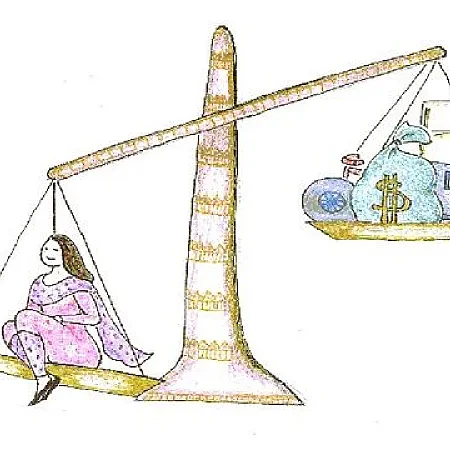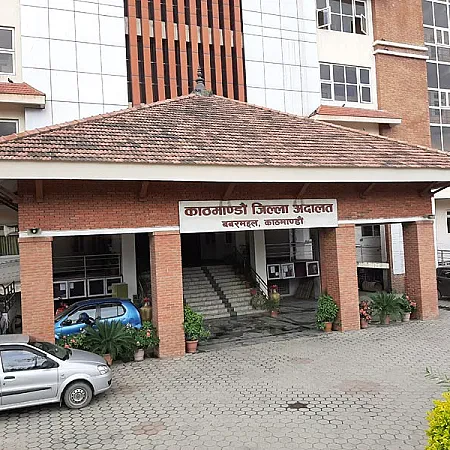Domestic violence, a pervasive issue worldwide, is a stark reality in Nepal, transcending geographical, cultural, and socio-economic boundaries. Despite strides in legal frameworks and advocacy efforts, this insidious problem continues to plague many households across the country, leaving scars that are often invisible but deep.
In Nepal, domestic violence encompasses various forms, including physical, emotional, sexual, and economic abuse, disproportionately affecting women and children. Deep-rooted patriarchal norms and socio-cultural factors contribute to its prevalence, perpetuating a cycle of silence and impunity.
Legal provisions aimed at addressing domestic violence have been established in Nepal to combat this systemic issue. The Domestic Violence (Offense and Punishment) Act, 2009, stands as a significant legislative milestone, providing a comprehensive framework for the protection of victims and the prosecution of perpetrators. This law defines domestic violence broadly, encompassing both physical and psychological harm, and empowers victims to seek legal recourse through protective orders and support services.
Additionally, Nepal's legal system acknowledges the importance of preventive measures and rehabilitation programs for both survivors and offenders. The National Strategy and Action Plan on Gender-Based Violence (2017-2022) underscores the government's commitment to combating domestic violence through multi-sectoral interventions, including awareness-raising campaigns, capacity-building initiatives, and the establishment of shelters and support centers.
However, despite these legal provisions and initiatives, challenges persist in effectively addressing domestic violence in Nepal. Implementation gaps, inadequate resources, cultural barriers, and societal attitudes that normalize or condone violence against women often hinder progress. Victims face numerous obstacles in accessing justice and support, including fear of stigma, economic dependence, and lack of awareness about their rights.
To truly combat domestic violence in Nepal, a multi-faceted approach is imperative. Strengthening the implementation of existing laws, enhancing access to justice and support services, promoting gender equality and empowerment, and fostering societal change through education and advocacy are crucial steps forward.
Moreover, addressing the root causes of domestic violence requires concerted efforts at the community, institutional, and policy levels. By challenging patriarchal norms, promoting gender-sensitive education, and fostering economic opportunities for women, Nepal can pave the way towards a society where every individual can live free from the fear of violence within their own homes.
In conclusion, while legal provisions serve as essential tools in the fight against domestic violence in Nepal, they must be complemented by broader societal changes and sustained efforts to address the underlying factors that perpetuate this pervasive issue. Only through collective action and unwavering commitment can Nepal aspire to create a future where every individual is treated with dignity, respect, and equality, regardless of gender.











